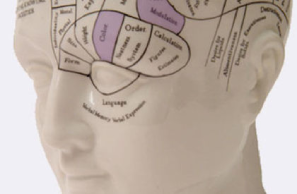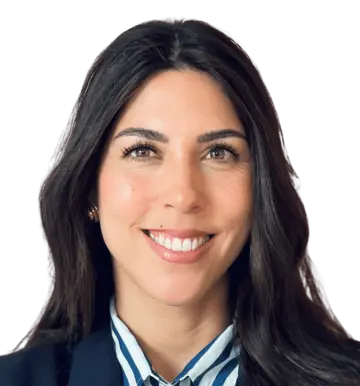Pulling your hair out, and can’t halt the habit? Or is your child tearing hair out and even eating it, and you are concerned?
What is trichotillomania?
Trichotillomania, also called ‘trich’ and ‘hair pulling disorder’, sees you compulsively pull out your hair. Tearing hair out from your head using your fingers is the most common, followed by pulling out eyelashes or eyebrows. But it can be any hair on your body, and can involve tweezers or other instruments.
Some people also have a ritual for handling the hair they pull out, such as rubbing the hair, disposing of it in a certain way, and chewing or even eating it.
Why am I pulling my hair out?
Different people have different reasons, describing hair pulling as:
- an addictive urge you can't resist that leads to a sense of relief
- a way to displace emotional pain (self-harm)
- an unconscious habit to soothe stress, such as when watching TV
- driven by irrational thoughts that your hair isn't 'right', not symmetrical, for example, and you have to 'fix' it.
Should I be worried if I have hair pulling disorder?
Some adults find they can manage their hair pulling. It's not a constant habit. But for others, trichotillomania leads to bald patches and causes them anxiety about their appearance. It can affect their social life and relationships, as well as leave them with very low self-esteem.
Trichotillomania can also lead to physical issues like infections, carpal tunnel syndrome, and in cases of hair eating, digestive problems or even death, if hair enters the intestines.
Is hair pulling a form of anxiety?
Trichotillomania is actually now classified under 'obsessive compulsive or related disorders'. But this isn't to say you'll necessarily be diagnosed as also having OCD (although you might be).
Trichotillomania can also be diagnosed alongside the following:
- anxiety and anxiety disorders
- attention deficit hyperactivity disorder (ADHD)
- autism spectrum disorder
- body dysmorphia
- depression
- psychological trauma
- self harm
- stress management issues.
Trichotillomania causes
Research has found that in some cases there's a genetic link [1] that can be triggered by stressful experiences. And some people with trichotillomania have a chemical imbalance in their brain, similar to those who have OCD [2]. But in many cases the exact reason someone has developed trichotillomania remains unclear.
Trichotillomania in children
Hair pulling disorder most commonly starts in young people aged nine to 13 and is thought to be connected to brain changes triggered by puberty. If not treated, it usually continues into adulthood.
Note that preschoolers might experiment with hair pulling and eating as a sort of exploratory process that doesn’t tend to last and isn't seen as trichotillomania.
Trichotillomania treatment - The Harley Therapy™ approach
Medication can help related conditions like anxiety and depression, but isn’t actually useful for stopping hair pulling or hair eating.
Talk therapies are the preferred treatment route. The main therapy used in the UK is a form of cognitive behavioural therapy called habit reversal therapy. You learn how to manage your thoughts and choose your responses, as well as how to seek healthier distractions and ask for support.
Other therapies that might be offered include clinical hypnotherapy and family therapy.
Put an end to hair pulling today
Trichotillomania treatment at Harley Therapy™ connects you with an expert and caring team of psychiatrists, counselling psychologists and psychotherapists, committed to creating the perfect treatment plan for you or your child.
Call us now or complete our online booking form to make an appointment in the City of London, London Bridge or on Harley Street.
Footnotes
[1] Duke University Medical Center. "Hair-pulling disorder caused by faulty gene in some families." ScienceDaily. ScienceDaily, 27 September 2006. <www.sciencedaily.com/releases/2006/09/060927094038.htm>.
[2]Johnson J, El-Alfy AT. Review of available studies of the neurobiology and pharmacotherapeutic management of trichotillomania. J Adv Res. 2016;7(2):169-184. doi:10.1016/j.jare.2015.05.001
View the Experts
How to book your appointment
Call us now on 0345 474 1724 OR book online
All practitioners are qualified and accredited with reputable professional associations.
Meet the Experts
Enquiry Form
To make an enquiry, please fill in this confidential form. Our dedicated administrators will review your needs and get back to you as soon as possible.





.webp)
